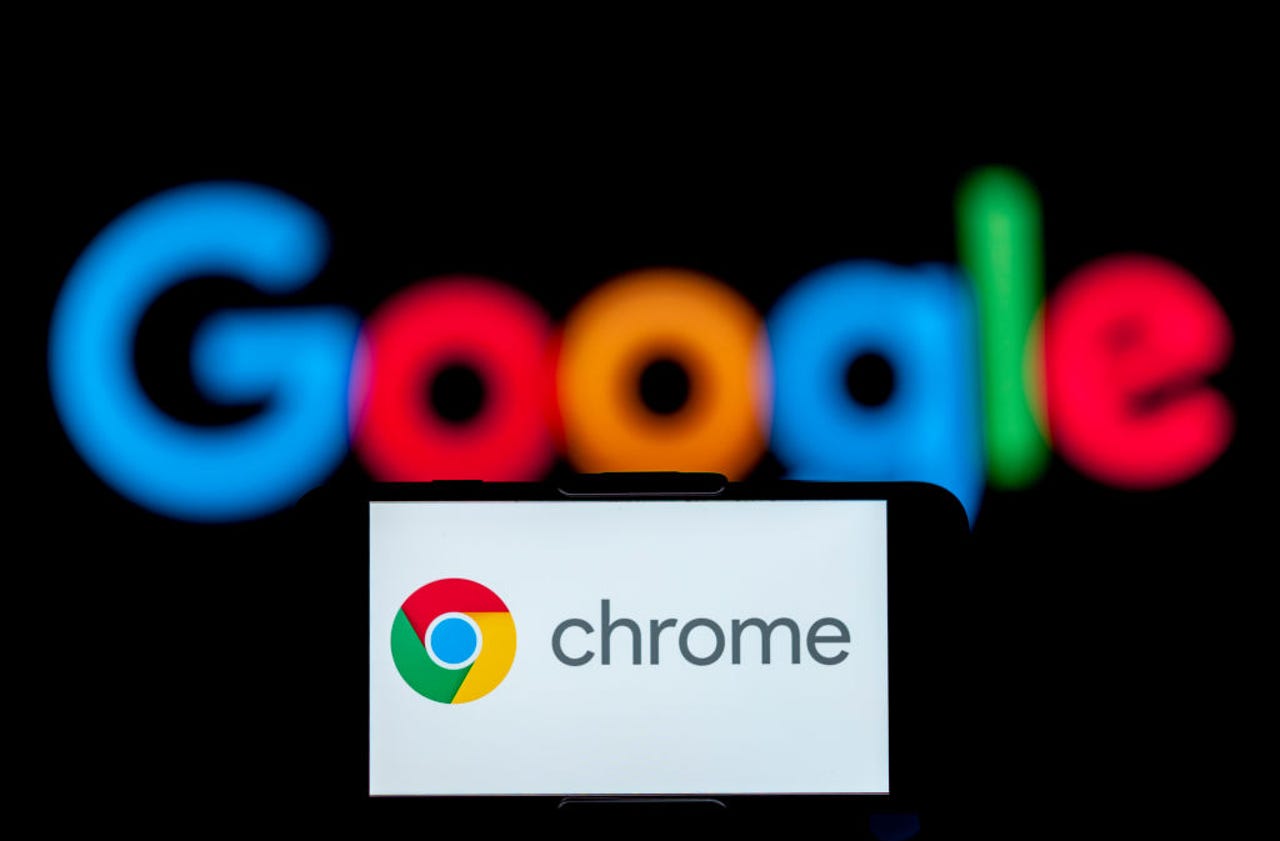'ZDNET Recommends': What exactly does it mean?
ZDNET's recommendations are based on many hours of testing, research, and comparison shopping. We gather data from the best available sources, including vendor and retailer listings as well as other relevant and independent reviews sites. And we pore over customer reviews to find out what matters to real people who already own and use the products and services we’re assessing.
When you click through from our site to a retailer and buy a product or service, we may earn affiliate commissions. This helps support our work, but does not affect what we cover or how, and it does not affect the price you pay. Neither ZDNET nor the author are compensated for these independent reviews. Indeed, we follow strict guidelines that ensure our editorial content is never influenced by advertisers.
ZDNET's editorial team writes on behalf of you, our reader. Our goal is to deliver the most accurate information and the most knowledgeable advice possible in order to help you make smarter buying decisions on tech gear and a wide array of products and services. Our editors thoroughly review and fact-check every article to ensure that our content meets the highest standards. If we have made an error or published misleading information, we will correct or clarify the article. If you see inaccuracies in our content, please report the mistake via this form.
Google Chrome will soon let users build custom AI-generated themes, with more options than on Pixel 8


The introduction of custom AI-generated wallpapers was a big development on the Google Pixel 8 and Pixel 8 Pro, and now Google is giving a little AI love to its Chrome browser.
It was just a few days ago that Google announced a "Help Me Write" AI feature was headed to Chrome. But now it appears Chrome users will soon have the ability to create a custom AI-generated theme for their browser. The feature was first spotted by X, formerly Twitter, user Leopeva64, who dove deep into the code of the latest unreleased Canary version of the browser.
Also: Why Google's cheaper Pixel 8 is the real star of its Android phone lineup
Like on the Pixel 8, the feature starts off by asking the user to choose a theme. But the themes are quite a bit more robust than what's offered for Google's flagship phones. Under the subjects tab, the X post shows, there are categories like Buildings, Food, Everyday Objects, Nature, Space, US Cities and Parks, and more.
Those categories expand into further options to choose from. Buildings, for example, breaks down into Airport, Cafe, Castle, Lighthouse, Office, and so on. Everyday Objects shows dozens of household objects that a theme can be built around. Under Space, you can build a theme around Constellations, Satellites, Moon, Sun, Stars, Solar system, Spaceships, and more.
US cities is the category I'm most excited to see. A glance shows options for Arches National Park, Chicago, the Grand Canyon, Houston, Los Angeles, New York City, Philadelphia, Phoenix, San Diego, San Francisco, Seattle, and the Everglades among others.
Also: Google's Gemini continues the dangerous obfuscation of AI technology
Once that theme is selected, the user can even further fine-tune their theme with color and mood options -- say, a steampunk sad Chicago in blue hues or an expressionist romantic airport with red tones.
Since the feature isn't actually live yet, we don't have an idea of what the wallpapers might look like. But I found myself creating dozens of wallpapers with the Pixel 8 Pro, and it appears Chrome's version will only be better.
Given how long things usually take from first appearing in Chrome's code to actually being deployed for use, it seems likely we'll see a full rollout of this feature within the coming months.